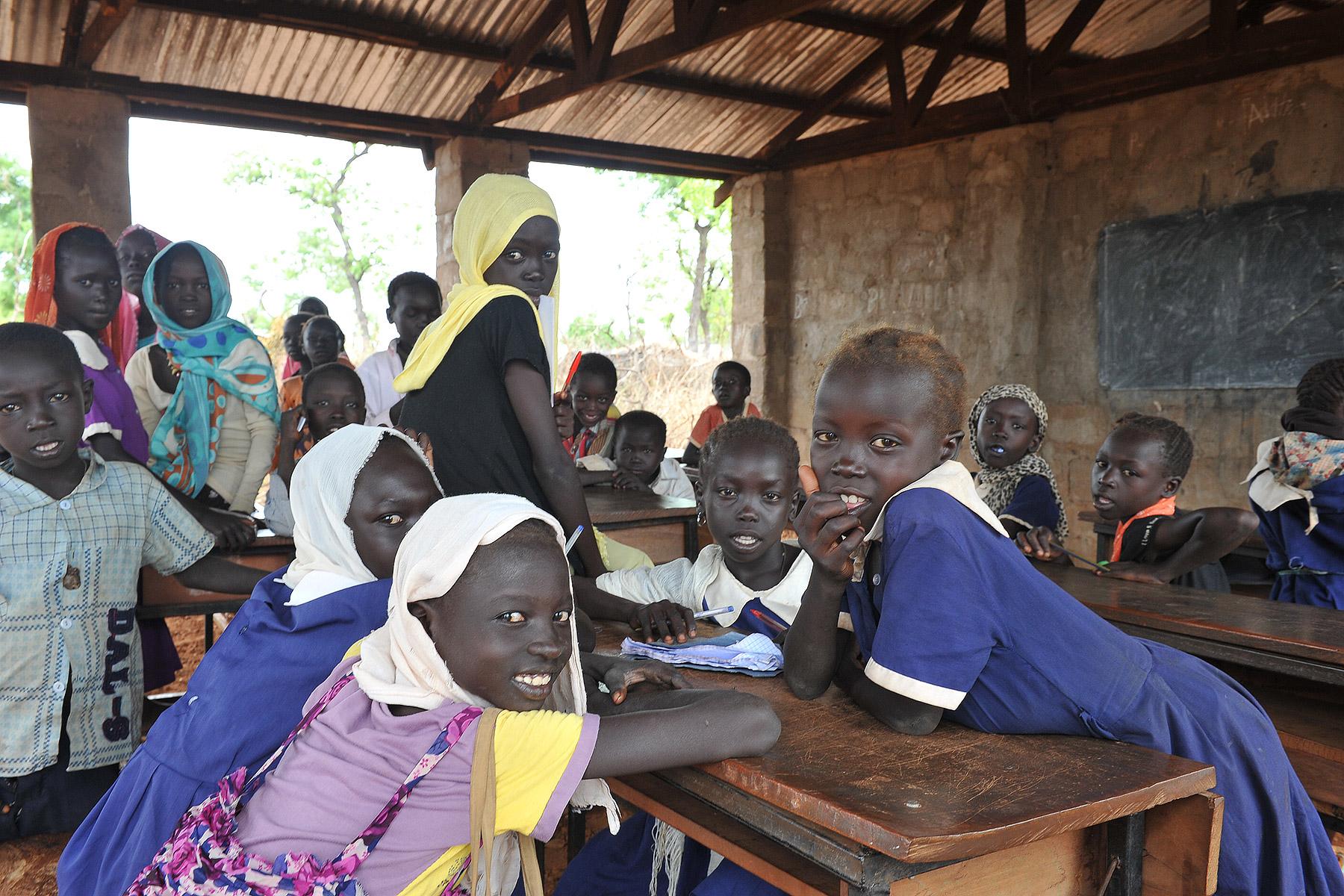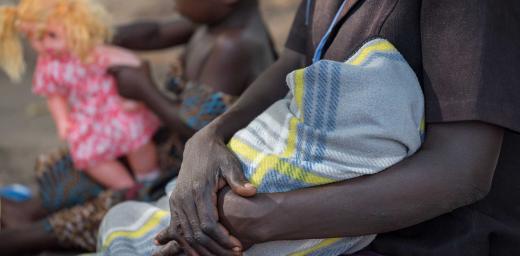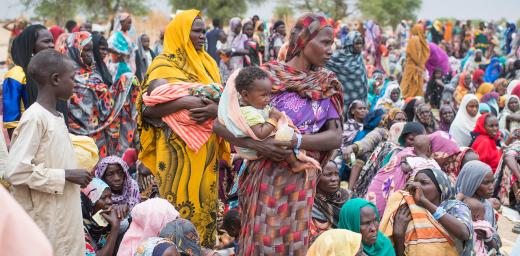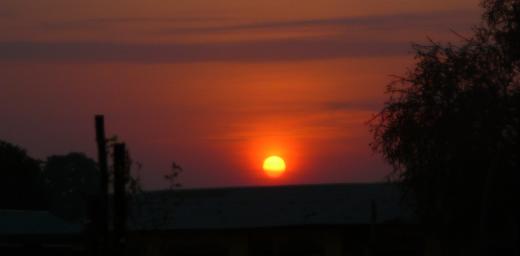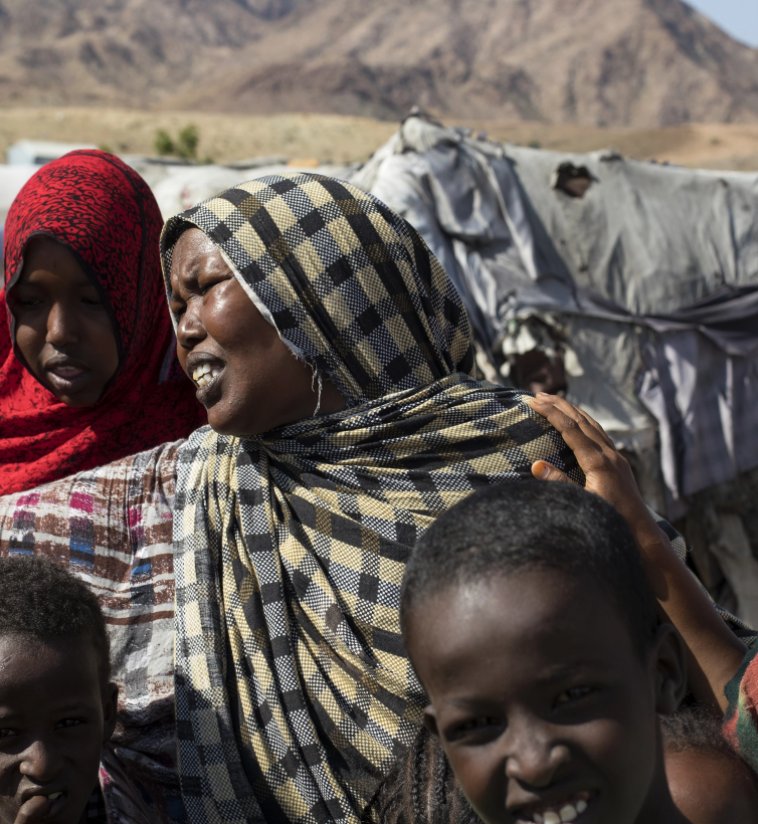
South Sudan
Country Program
South Sudan gained its independence in 2011. The peace deal ended Africa’s longest-running civil war. Soon tensions flared up between different parties in South Sudan, culminating in another wave of civil war starting in December 2013. Subsequently, South Sudan has become one of the world’s biggest humanitarian crises.
LWF South Sudan has adopted a comprehensive, multi-sectoral approach to provide support to 255,000 individuals annually through various initiatives. These efforts encompass education, protection, livelihood improvement, food security, promotion of human rights, shelter & non food items, water sanitation & hygiene projects. Additionally, we remain committed to offering emergency assistance to those in need.
The LWF coordinates with the Government of South Sudan, particularly with the Ministry of Education, the Relief and Rehabilitation Commission (RRC) and the commission of refugee affairs (CRA), with UNHCR, with other NGO partners working with refugees, and with refugee committees and leaders, as well as the host communities.
Updated 13 February 2024
What we do in South Sudan
Partners and donors
